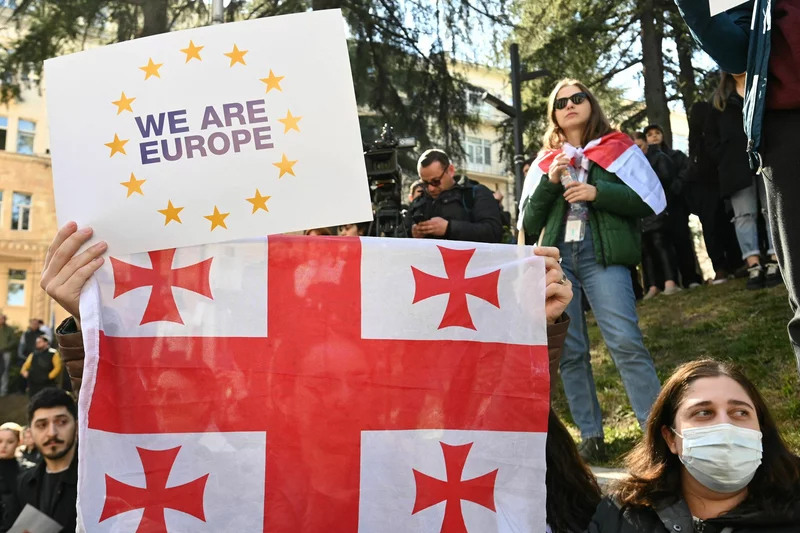
The Georgian government’s proposition to reintroduce “foreign agent” enactment has touched off a firestorm of discussion, drawing condemnation and a consolidation of labor rights organizations.
The Georgian government’s proposition to reintroduce “foreign agent” enactment has touched off a firestorm of discussion, drawing condemnation and a consolidation of labor rights organizations. This enactment, on the off chance that it was sanctioned, would order that foreign-funded NGOs, media outlets, and exchange unions enlist as “operators of external impact,” raising noteworthy concerns about its potential effect on flexibility of discourse and respectful society in Georgia.
Danger to Gracious Society and Media Flexibility
Critics of the proposed enactment contend that it speaks to a barefaced endeavor by the government to control and stigmatize free media and respectful society organizations. By requiring NGOs and media outlets that get foreign funding to enroll as “agents of foreign influence,” the charge undermines the independence and validity of these organizations, successfully hushing contradicting voices and obstructing the crucial work of organizations committed to advancing human rights, popular government, and responsibility in Georgia.
Effect on Workers’ Rights and Exchange Unions
One of the foremost upsetting viewpoints of the proposed enactment is its potential effect on workers’ rights and free exchange unions in Georgia. Under the charge, exchange unions—which are considered NGOs by the Georgian law—could be altogether influenced on the off chance that they get more than 20% of their funding from foreign sources. These seem to have genuine suggestions for the capacity of exchange unions to advocate for workers’ rights, challenge out of line labor practices and advance the working environment vote based system. By focusing on organizations that play a vital part in securing and progressing workers’ rights, the government risks undermining the exceptional establishments of labor rights in Georgia.
Risk to Georgia’s European Union Accession
Besides, the proposed enactment raises genuine concerns as Georgia’s yearnings for European Union increase. The EU has reliably emphasized the significance of maintaining labor rights and majority rule values as a portion of the increase handle. Any enactment that undermines these standards may jeopardize Georgia’s advance towards EU enrollment and prevent endeavors to reinforce labor benchmarks and ensure workers’ rights in the nation. By gambling its EU promotion prospects, the Georgian government risks segregating itself from the worldwide community and undermining its validity as an equitable state committed to maintaining human rights and the rule of law.
The Georgian government‘s proposed “foreign agent” law speaks to a noteworthy risk to flexibility of discourse, respectful society, and workers’ rights in the nation. By focusing on foreign-funded NGOs, media outlets and exchange unions, the government risks smothering disagreement, hushing free voices and undermining the majority rule standards upon which Georgia’s future depends. It is necessary that the government re-examines its approach and deserts this backward enactment in order to maintain the basic rights and opportunities of all Georgians.







